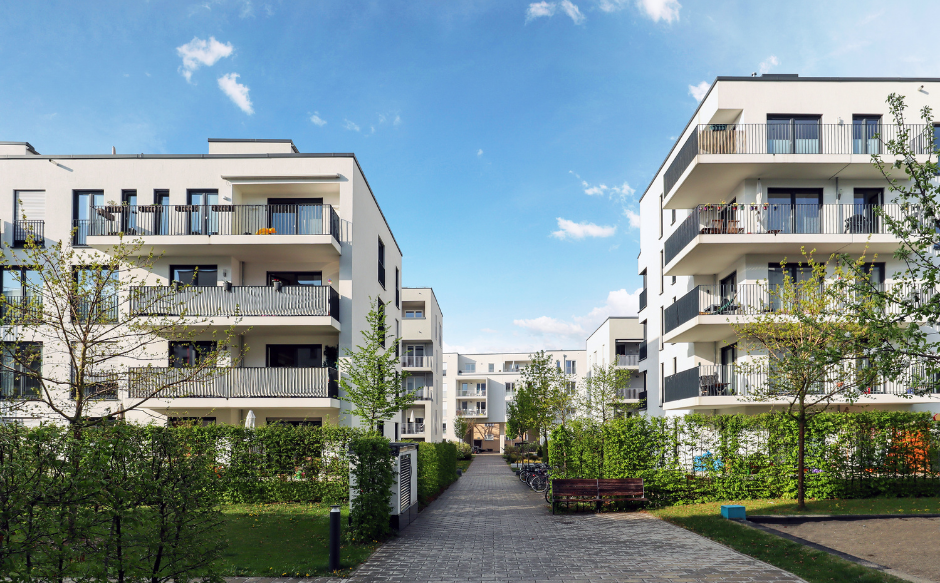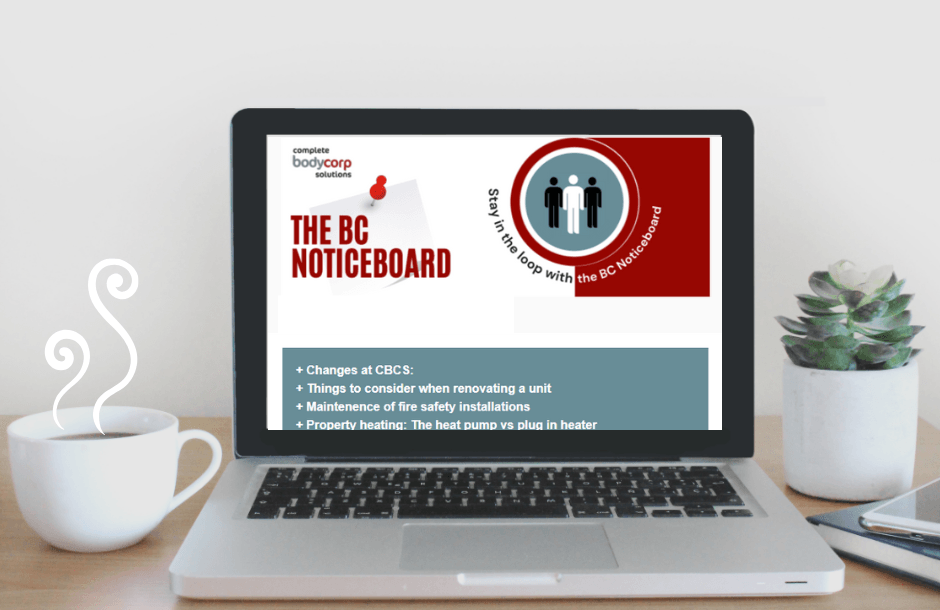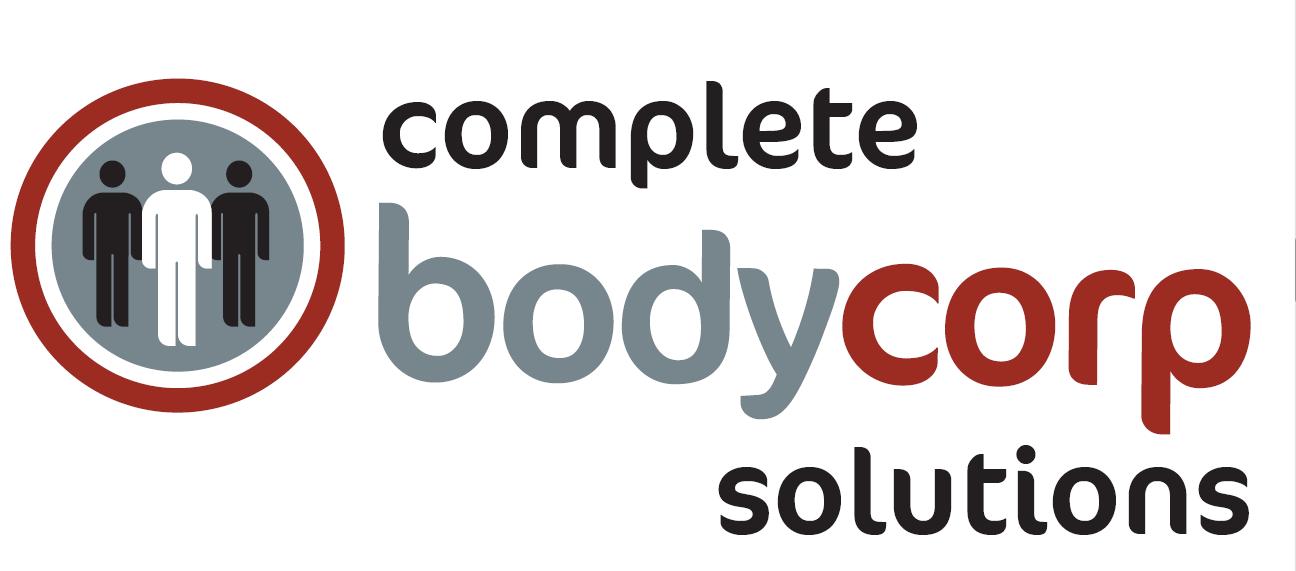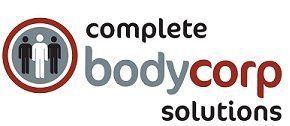By Ben Duflou
•
February 19, 2025
When it comes to property maintenance, the proverb "a stitch in time saves nine" rings particularly true. According to data from property management firms, buildings that neglect routine maintenance often face repair costs that can be four to five times higher than if they had maintained a regular schedule. Dealing with issues as they arise removes the luxury of time to shop around for competitive costings and contractors can inflate costs for work that is deemed urgent. The financial cost of deferred maintenance goes beyond the obvious repair bills. For example: • Increased insurance premiums – Insurance companies in New Zealand may raise premiums or even deny coverage for buildings with a history of poor maintenance. • Loss of property value – Potential buyers and investors are quick to notice signs of neglect, and a poorly maintained property can reduce the overall value of the building and surrounding units. • Higher energy bills – HVAC, plumbing, and electrical systems that are not well-maintained are less efficient, leading to inflated energy costs. • Health and safety liabilities – Unattended issues such as mould growth, water damage, or deteriorating structures can lead to serious health risks and legal liabilities if tenants are harmed as a result of the neglect. Preventive maintenance is not just an expense—it’s a strategic investment that protects the value of New Zealand properties. For body corporate managers and unit owners, the cost of neglecting maintenance tasks is far too high. By embracing a proactive approach to building care, you can safeguard your property’s long-term value, reduce risk, and create a safer, more comfortable environment for all.













